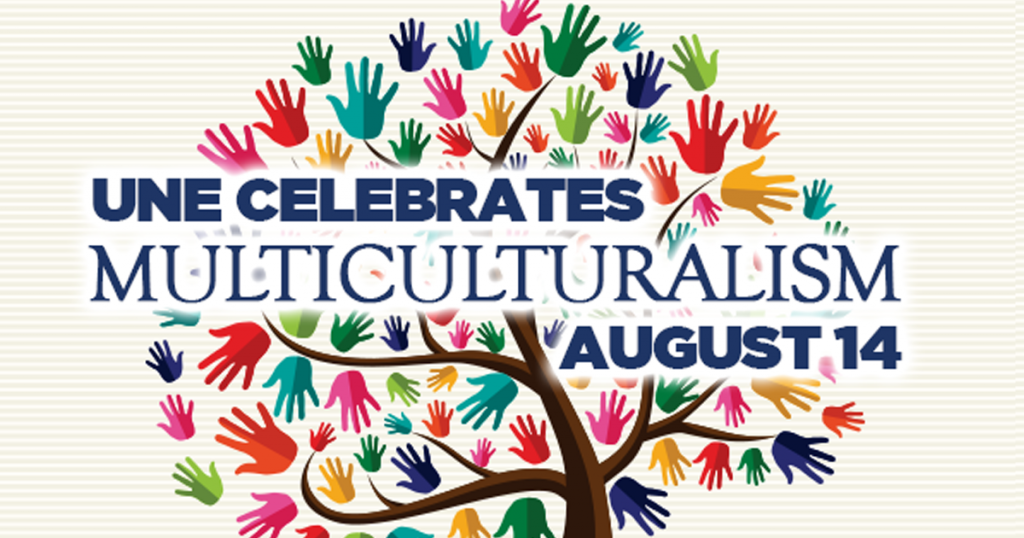
By Hayley Millington
Multiculturalism, the very idea in itself speaks to an ideology, a policy enacted by Canada’s government that gave birth to the perception that people of different cultures could co-exist within the wider framework of society. For the most part, Multiculturalism can be defined as the co-existence of diverse cultures, where cultures includes racial, religious, or cultural groups and is manifested in customary behaviours, cultural assumptions and values patterns of thinking and communicative styles. Canadians refer to the cultural mélange as its very own Multicultural mosaic.
As you read this article, you may ask yourself what exactly does multiculturalism entail? Well, here in Canada, at the core of Multiculturalism was immigration placing it in a position of social importance. Historically speaking, in Canada, during the 1970s and 1980s, the government officially adopted Multiculturalism and this is reflected in law through the Canadian Multiculturalism Act of 1988; as well as it being mirrored in section 27 of the Canadian Charter of Rights and Freedoms. The policy itself is administered by the Department of Canadian Heritage.
On June 27, 2003, Canada celebrated its first Multiculturalism Day, an opportunity for Canadians to reflect on the uniqueness of Canada’s multicultural mosaic as it relates to the contributions of Canada’s immigrant populations, cultural communities and the values that we all share.
One can say that the diversity displayed by Canada has shaped the wider society and subsequently our way of life. Through Canada’s immigration, people from around the world have made Canada their home with the expectation of having, dare I say, the same opportunities and experiences as all “Canadians”.
As a black Trini-Canadian woman and one of the immigrant populous, I’d like to bring into focus the reality, irrespective of the misnomer that is multiculturalism. In recent weeks, we have had a rude re-awakening as present day events have only served to deconstruct the notion that Canada is immune to racism. The belief, fuelled by the sentiment that Canada, unlike the US, has exercised racial tolerance can be traced back to the country’s role in the Underground Railroad and Canada being a safe haven for runaway slaves. “Stories” like these have added to Canada’s perception of itself and even contributed to how Canada is viewed on the worldwide stage. This kind of persona has provided its inhabitants with a false sense of security that denies the existence of racism as a tangible reality as black Canadians face systemic racism on all fronts.
Multiculturalism has in no way made us as a country, a society immune to the depravity of a life challenged by inequality and racial injustice. We each should be reminded that a truly multicultural society is one that we have not yet attained and is but a work in progress.
Canada’s strength lies in its diversity and now is not the time to turn a blind eye and miss the opportunity to eradicate the inherent racist policies and practices that litter Canada’s multicultural landscape and institutions while sullying Canada’s vision for a society that genuinely values diversity and richness along with the contributions of all its citizenry.
I would be remiss to not mention how Multiculturalism and inclusivity seems a distant goal as it remains lost and elusive to the people native to this land whose past and present struggles continue to be dis-regarded, dis-respected and dismissed.
These concepts should be a given to all that call this land, whether by birthright, by birth or through immigration, home.
In Solidarity, I ask you to stand up, speak out, become an ally and align yourself with your fellow citizens who continue to live their daily lives plagued by the pestilence of racism and discrimination for a multicultural society reflects the true meaning of inclusivity, and not simply for the reasons of celebrating another’s culture or sampling their fare. It requires each individual’s commitment and attention. The events of the recent past demand it.
Hayley Millington is the UNE National Equity Representative for Racially Visible People.